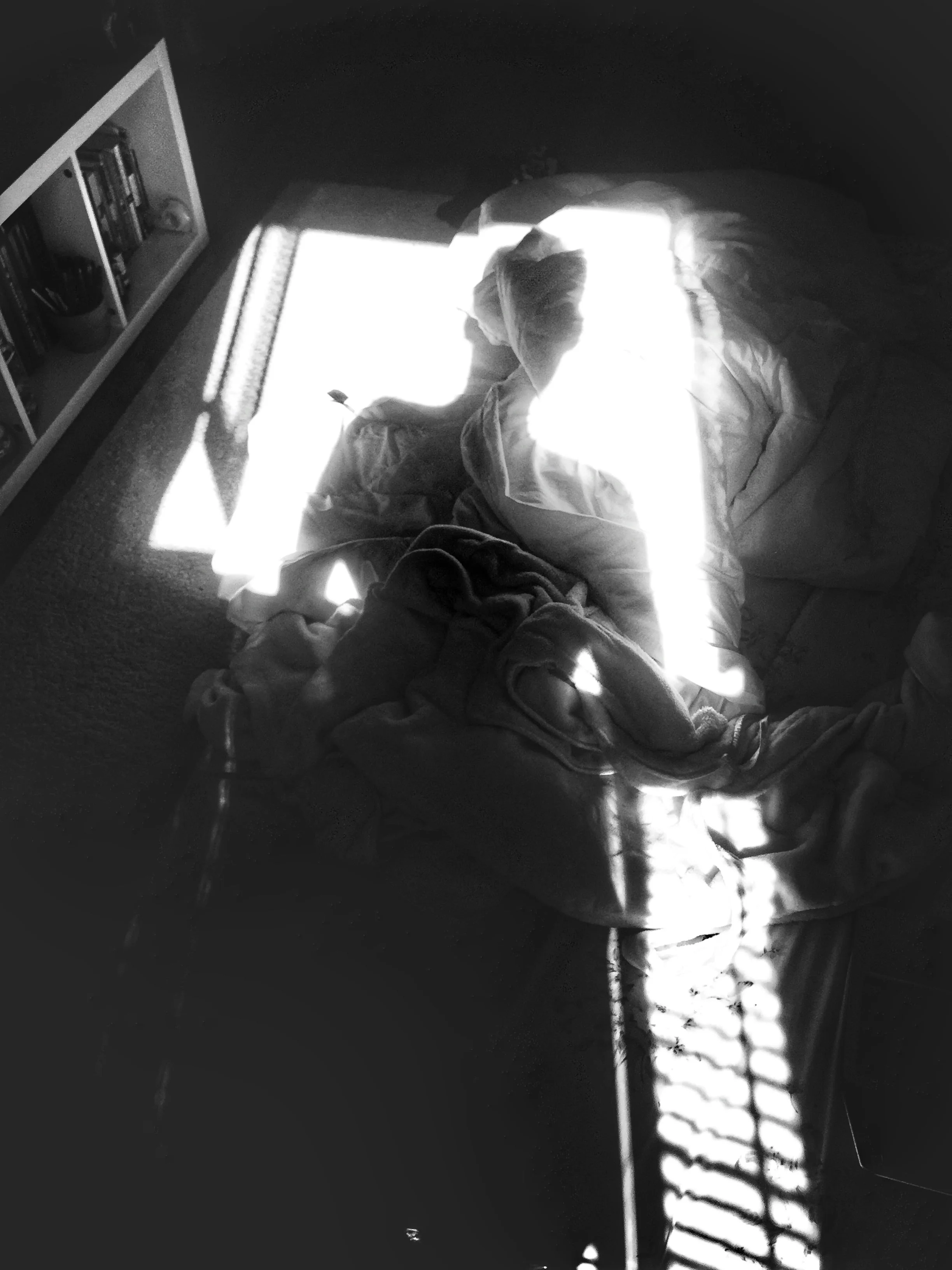Letters come in the mail that summer, addressed to someone who no longer lives here anymore. Bank statements, handwritten notes, medical bills, postcards — they litter the kitchen table, strewn over the woven placemats we leave out for meals. I understand that it isn’t anyone’s fault. It isn’t anyone’s fault that the mail still comes. For all anyone knows, you’re still here and you’re still the one checking the mailbox, and sometimes I can’t believe otherwise, so why would anyone else believe otherwise?
I ask Mom if there is a way to fix this. She gets angry because my sometimes is her always, and she’s still waiting for you to come home. I ask the U.S. Postal Service if there is a way to fix this and they say yes, of course there is. I can write “Return to Sender” on the letters and put them back in the mailbox. I can go to the post office and fill out a Change in Address card. I can tell the credit card companies and the subscription services that they don’t need to send their bills here anymore. I can register on the National Do Not Mail List or the Deceased Do Not Contact list. If something ends up being non-deliverable or non-returnable, there’s even something called the Mail Recovery Center — the USPS’ lost and found for all the mail that can’t make it to where it’s supposed to go.
This is all fine, except that I have trouble telling people you don’t live here anymore. I call Bank of America, and the customer service agent I talk to notches her voice up a couple pitches at the end of her sentences like she’s surprised at what I have to say, as if no one has tried to cancel a credit card before. Am I really sure I want to cancel this card? I swallow the exasperation lodged in my throat like bits of stale bread. It’s not her fault that her job is to convince people to keep their credit cards and it’s not her fault that you won’t need one anymore. Yes, I say. One syllable and my voice still cracks.
Once the card closes, a lot of things change without anyone having to actively change them. The subscription services start to expire themselves. Your Netflix account (which I’d been using for the past two years), your Amazon Prime (still at its student rate, even though technically you hadn’t been enrolled at any university for a couple years), the tiny bottles of facial cleansing lotion that got delivered every couple of months. Your payment method is no longer valid. I expect these words. I am still startled by them.
Now that the card is deactivated and the bills are paid and the subscriptions are gone, all that’s left are the notes and the postcards. Mom reads them because she wants to hold on to you. I read them because I’m still trying to get to know you, even if it’s through other people. They ask you how you’re doing. They want to know if the weather in Seattle is any better than it’s supposed to be. If the pain is any more manageable. If the drugs meant to stop the pain aren’t causing new pains worse than the first pain.
These letters are hard to read because I have trouble telling people you don’t live anywhere anymore. When people ask me how you are doing, I tell them that you’re gone, and it always feels like the wrong answer even though there is no other answer. And so I keep looking for the things that can help me get away farther and faster — things that are quite expensive and have a lot of side effects. When I can’t find them, or they run out, then I go to sleep, because sleep is free and doesn’t have any side effects.
You told me to write, always, because that will be what helps me the most. You must have told everyone else this too because there are so many letters at home. That’s why I am writing, and I will keep writing, even though I have nowhere to send any of it to. I think of the Mail Recovery Center, a cornucopia of tiny lotion bottles, clothes, and words, treasures all left in limbo.
Love,
Helen
By Helen Teegan.

